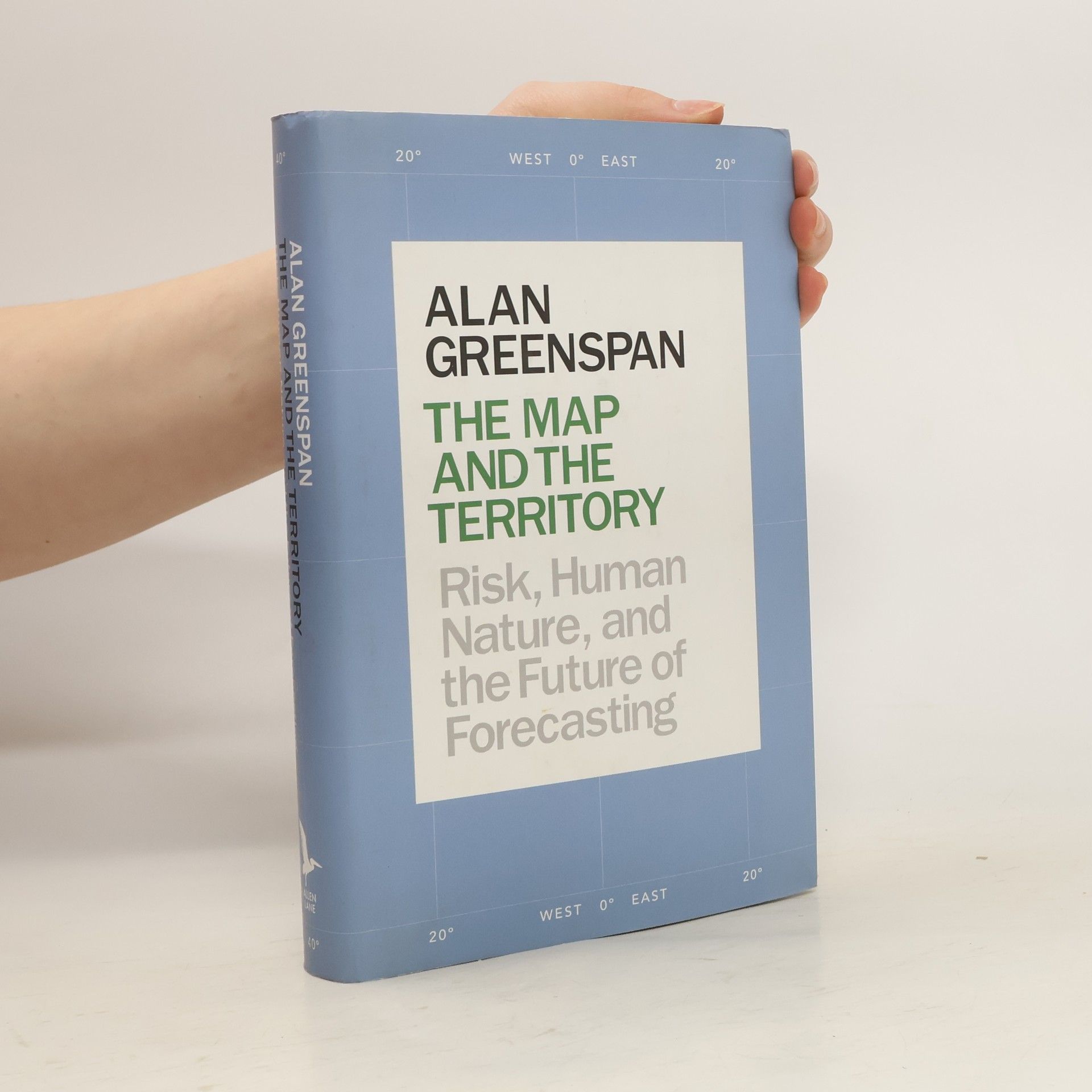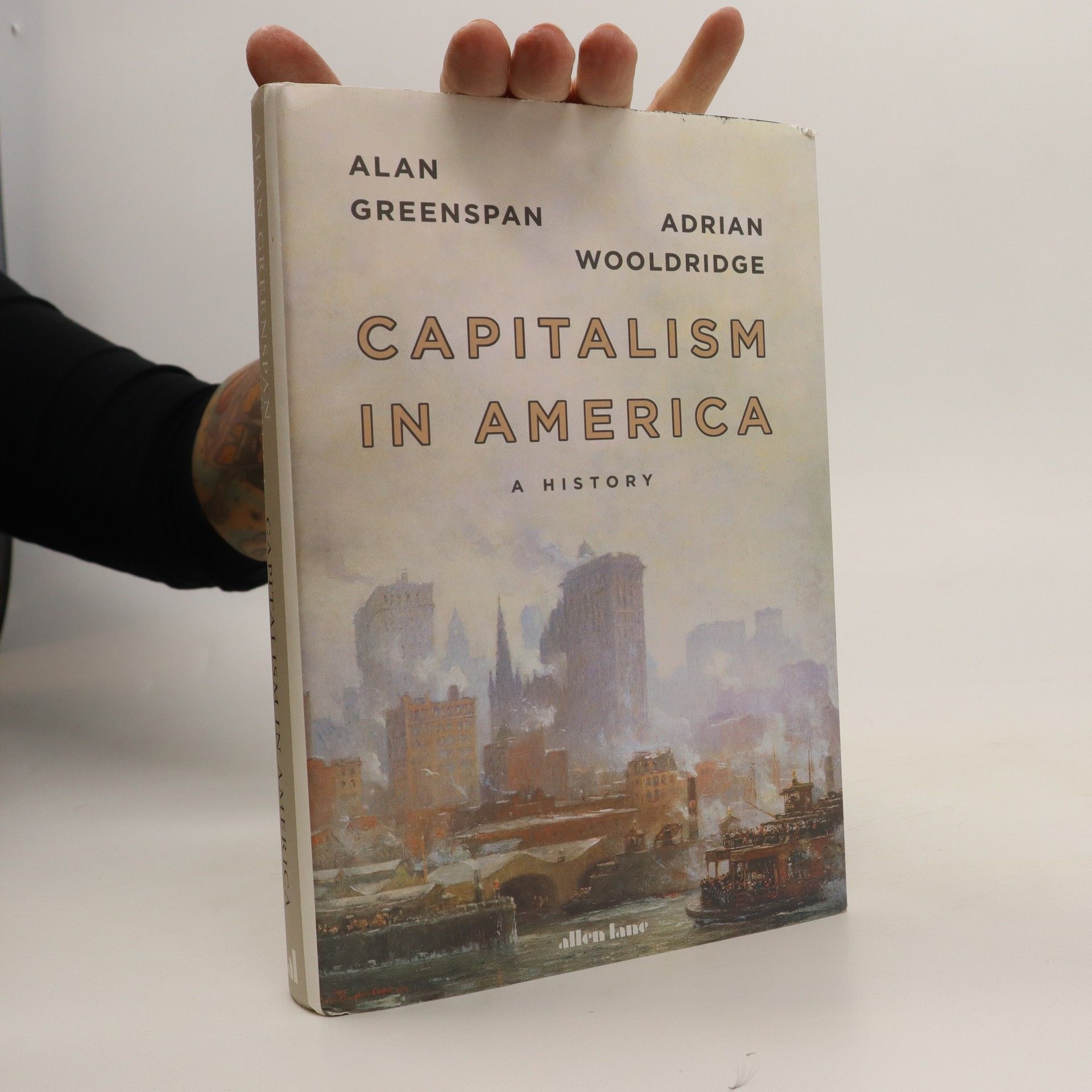Capitalism in America: A history
- 496 pages
- 18 hours of reading
An inspiring, rip-roaring read - like the astonishing story it describes' Liam Halligan, Daily Telegraph. Where does prosperity come from, and how does it spread through society? What role does innovation play in creating prosperity, and why do some eras see its benefits spread more democratically while others do not? Alan Greenspan, former Chair of the Federal Reserve, distills a lifetime of grappling with these questions into a profound assessment of the decisive drivers of the US economy throughout its history. Alongside historian Adrian Wooldridge, he unfolds a narrative of vast landscapes, titanic figures, and significant breakthroughs, alongside moral failings. Every crucial American economic debate is explored, from slavery's role in the antebellum Southern economy to America's fluctuating openness to global trade. The authors argue that America's genius lies in its embrace of creative destruction—the relentless cycle of the old giving way to the new. Though messy and painful, this process has elevated the majority of Americans to unprecedented living standards. As productivity stalls and populist sentiments rise, the work explains why America has thrived in the past and remains a formidable engine of economic growth.







